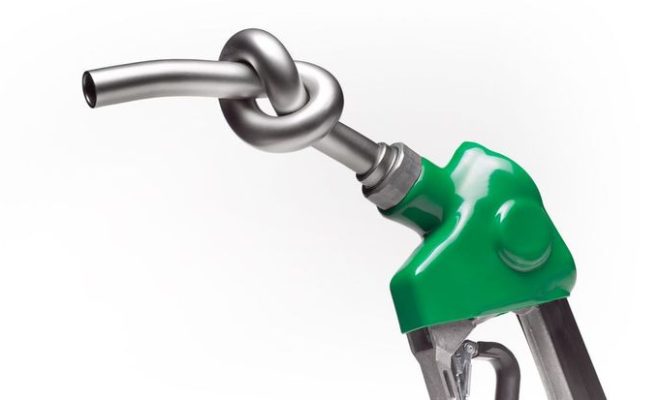How Much Do Gas Tax Holidays Really Save Drivers, Anyway?

Introduction
Gas tax holidays have become a popular topic of discussion in recent years, particularly during times of skyrocketing fuel prices. In general, a gas tax holiday is a temporary period when the government reduces or eliminates taxes on gasoline. The idea is that by reducing taxes on gasoline, the cost per gallon decreases for consumers, which puts more money back into their pockets and provides some relief from high fuel prices. But how much do gas tax holidays really save drivers? And are they an effective solution to the rising cost of gasoline? Let’s explore these questions further.
How Much Can Drivers Save with Gas Tax Holidays?
The amount drivers can save during a gas tax holiday depends on several factors, including the extent of the tax reduction and the length of time the holiday lasts. For example, if a state has a 20 cent-per-gallon tax on gasoline and decides to eliminate it for two weeks, a driver could save about $7 per fill-up for an average 14-gallon tank (20 cents x 14 gallons = $2.80 per fill-up). Over the course of two weeks, assuming two fill-ups per week, total savings come to around $11.20 (2 fill-ups per week x 2 weeks x $2.80).
While this might seem like a significant amount of savings at first glance, the reality is that it represents only a small portion of the overall cost to operate a vehicle. Other costs such as insurance premiums, maintenance expenses, and registration fees still need to be considered.
Additionally, it’s important to recognize that there is no guarantee that retailers will pass on the full amount of tax reduction to consumers. Gas stations might use this opportunity to increase their profit margin by slightly raising prices.
Economic & Environmental Impacts
There are additional economic factors at play beyond drivers’ savings during gas tax holidays. The reduction in taxes, while benefiting some drivers, also means a decrease in revenue for state governments. This lost revenue could lead to budget cuts or increases in other forms of taxation, which might offset any benefits from the holiday.
Furthermore, some economists argue that gas tax holidays merely encourage increased fuel consumption. As a result, drivers may paradoxically end up spending more on gasoline overall due to the lower price, contributing to increased carbon emissions and exacerbating environmental concerns.
The Long-Term Solution
It is essential to consider the long-term implications of gas tax holidays beyond their short-term appeal. Rather than providing a temporary fix that might not significantly benefit drivers or address the underlying issues driving high fuel prices, governments should consider more sustainable solutions.
Investing in public transportation systems, promoting electric vehicles and alternative forms of transportation, and implementing carbon pricing mechanisms can help alleviate long-term fuel costs while addressing environmental concerns.
Conclusion
Gas tax holidays may offer drivers marginal savings during periods of high gasoline prices. However, these temporary reductions have broader economic implications and do little to address the root causes of rising fuel costs or their environmental impact. It is crucial for governments and individuals alike to recognize the wider context and focus on more sustainable solutions in addressing these challenges.






